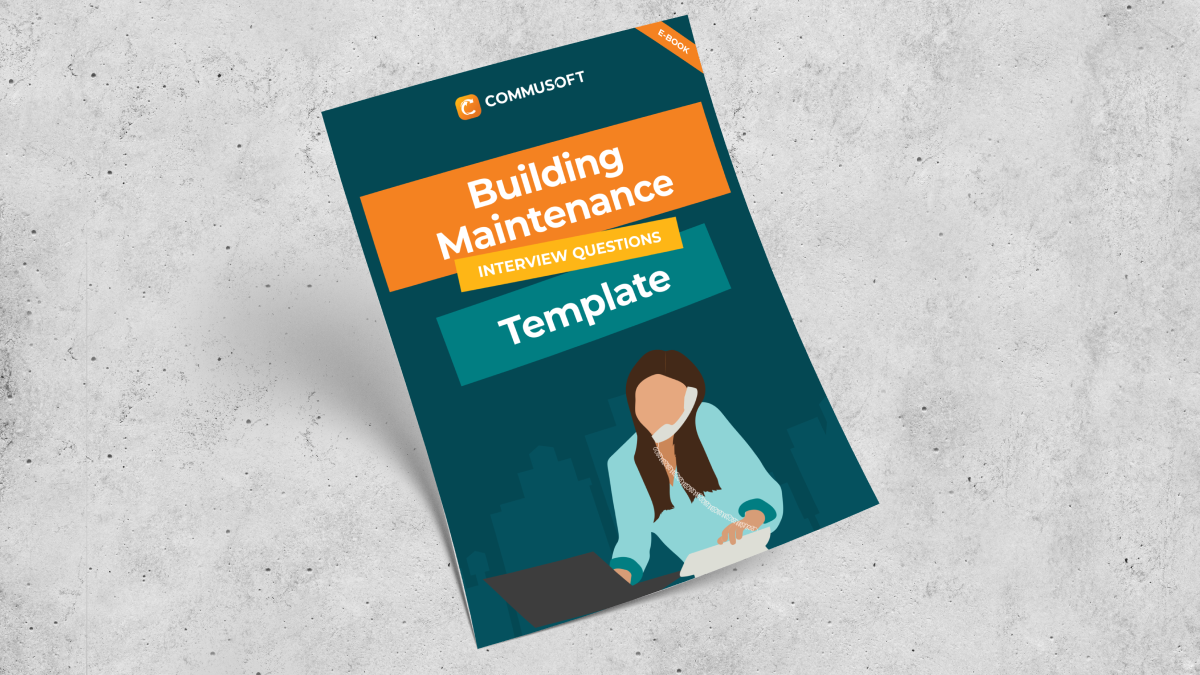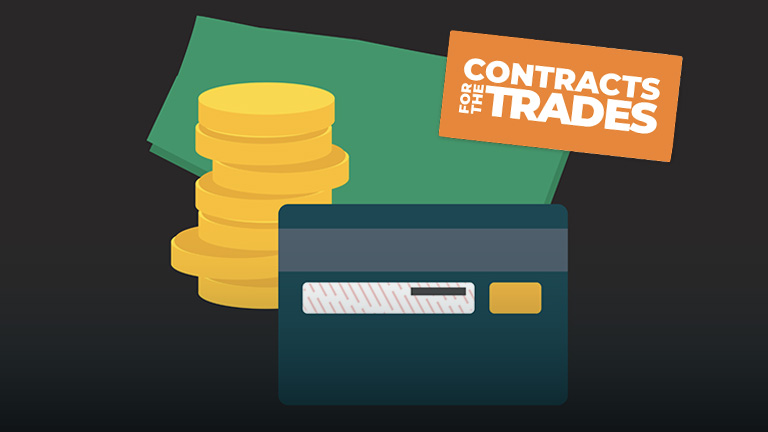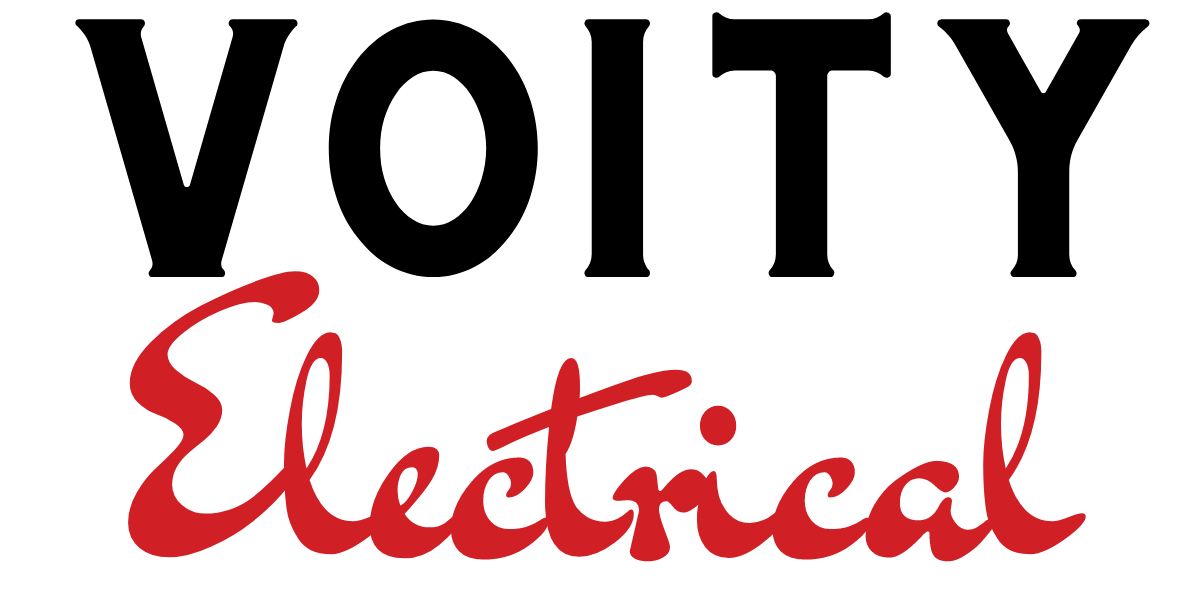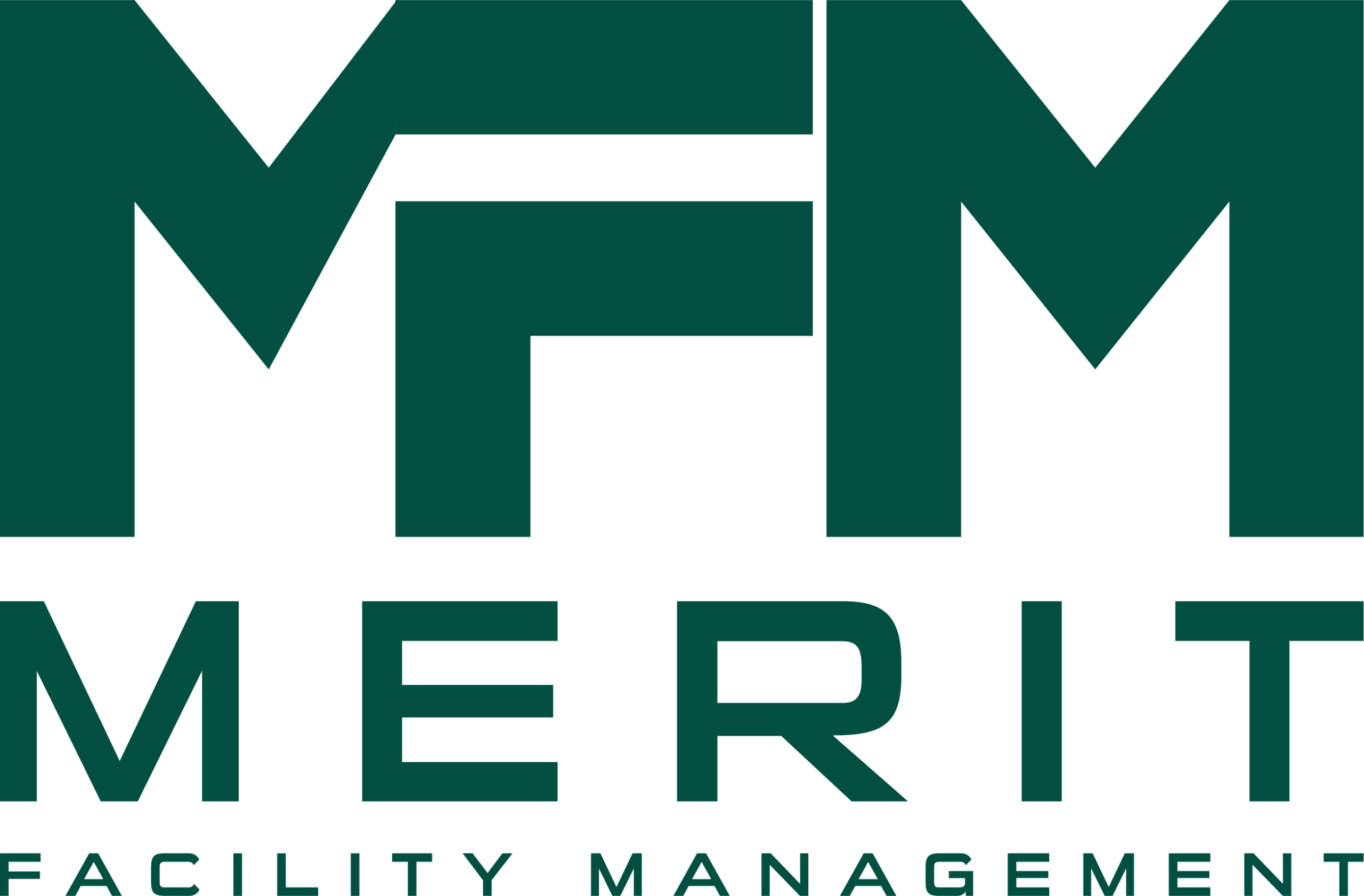There’s no one way to close a sale in field service. Some of your sales representatives might seal the deal with negotiations, others by creating strong customer relationships.
But no matter how you sell, there are certain sales closing questions you need to be asking.
If you want to improve your chances of signing a deal, be sure to…
- Ask sales closing questions that create a story.
- Address any questions and/or concerns.
- And always ask these soft closing questions.
Sales closing questions are essential to ask because they give valuable insight into how your prospects are feeling. By asking these questions, you’ll be able to better gauge how likely a lead is to move forward, and what objections you may have to overcome.
There are few controllables in sales, and it can be difficult to know how to close a deal successfully. That’s why controlling what is in your power–like asking all the right questions–will help you sell more.
So let’s dive in!

1. Ask sales closing questions that create a story
A great way to sell in field service is by painting a picture. Helping your customers visualize how your product–whether that be an AC unit, lighting fixture, or security system–will impact their everyday life can have a major impact when it comes to closing a deal.
Here are the sales closing questions you need to be asking to create a story:
How could you use this?
Sometimes we know we need something, but we don’t actually know why. And because of that, we aren’t always open to all the options we have available to us.
Your average customers aren’t usually likely to fully appreciate the problem they’re experiencing with an asset. This means they might not be aware of the options that are available to them in order to get a great fix. So use this question to get prospects thinking about what they could do with your product.
If you’re in HVAC sales, for example, and your customer needs a thermostat and is deciding between a lower end option and a higher end one, ask them how they could use the additional features of the latter.
Maybe they’ll tell you they always forget to turn off their AC when they leave for the day. And with a programmable thermostat, they could use it to run a scheduled heating and cooling program–all without ever having to remember to manually change the settings throughout the day. It’s questions like this that give you the opportunity not just to make a sale, but to delight the customer and genuinely help them out!
Then ask…
What benefits would this have for you?
Find out what, from their perspective, would be the pros of having a product like this.
If we continue with our HVAC sales example, it can be anything from saving money on their energy bill to just eliminating the annoyance of changing the temperature throughout the day. Afterall, having the AC running 24/7, and especially when you’re not even in the house, is expensive!
By identifying what they find valuable in the product, you’re gaining crucial information that will help you close the deal. To make it even more impactful, research how much the average person saves by switching to a programmable thermostat. (According to Energy Star, it’s an average of $180 per year).
Which should lead you to ask…
What impact would this have for you?
Again, we tend to think in the short term. That’s why it’s important to get your potential customers thinking about the long term. Sure, they could go with the less expensive option–but will it make their day to day lives any better in the long run?
Probably not. That’s why it’s important to ask questions that create a narrative. What could they do with that extra $180? Maybe it could cover their energy bill for two months, go towards buying their children’s school supplies, or it could even be something as simple as allowing them to treat themselves to an awesome dinner.
Ultimately, you want to help paint a picture of their future with this product. What can they do with it, what benefits will it bring, and how will it impact them long term?
Because what everyone values is different, and there isn’t one simple answer.
So it’s more effective to have them think about and answer these questions themselves, rather than just tell them your opinion.
2. Address any questions and/or concerns
More often than not, we try to avoid objections. Afterall, an objection is a type of rejection, and won’t exactly help your sales. However, this is another reason why, if you do want to seal more deals, it’s important to ask sales closing questions that tackle potential objections head on.
Just like how we don’t want to be rejected, most people don’t want to be the bearer of bad news, either. That’s why so many salespeople can find themselves chasing ghosts rather than deals. If you don’t ask the right questions, you’re more likely to find people who say they’re interested, when in reality, they just don’t have the heart to say no.
This typically happens because a prospect can feel like they’re being pushed into saying “yes.”
Raise a virtual hand if you’ve ever asked a prospect a sales closing questions like:
“Does that make sense?”
“Does this work for you?”
“Do you want to move forward?”
These are what sales trainer Josh Braun calls “yes trap questions.” Meaning you’re not looking for an answer that includes an objection. Instead, you simply want a positive response.
As Josh puts it, “Going for ‘yes’ creates pressure and it can make people feel uncomfortable. Saying ‘no’ feels safer than saying ‘yes’. ‘No’ doesn’t feel like you’re making a commitment.”
So, in order to close more, it’s essential to “Go for ‘no.’” And a great way to do this is by asking your prospects about their questions and concerns. Bringing up the problem before they do means they don’t have to feel like the bearer of bad news. You’ve already said it, and now they can answer honestly.
For example, ask sales closing questions like:
“Would it be a waste of time for you to see what your options are?”
“Is it a ridiculous idea for you to do this?”
“Have you given up on this project?”
Looking at these questions, they may seem scary. Afterall, they are meant to set you up for rejection. Maybe it will be a waste of their time. Or maybe it is a ridiculous idea. They may have even given up on the project. But isn’t it better to know this information, rather than to have them ghost you with no explanation?
In fact, if you know the objection, you can work to overcome it and find a solution by working with the customer. This is why it’s essential not to shy away from asking prospects about their questions and/or concerns. Ultimately, it will help you sell even more.
3. Always ask these soft sales closing questions
What are soft closing questions?
Essentially, they’re questions that let you ask for the sale without actually asking for the sale. Think of it as a technique that enables you to get all your ducks in a row while maintaining rapport.
More often than not, salespeople are inclined to just ask for the sale. And while having the drive to sell is great, it is important that your buyer doesn’t feel pushed into the transaction. That’s where soft sales closing questions come in; they move you closer to sealing the deal while addressing any remaining unknowns.
These questions are typically most effective at the end of the sales cycle, right before you ask for the sale. Even if you asked about your prospect’s questions and concerns, in sales it’s essential to cross all your ts and dot all your i’s. So don’t skip out on asking these questions!
Use the Rule of Three when asking soft sales closing questions
Chris Voss, FBI hostage negotiator turned business trainer, explains in his book Never Split The Difference the power of asking questions in threes.
He suggests this technique because, oftentimes, salespeople ask buyers if they’re ready to seal the deal, and they receive a false yes or a positive, yet vague, response. Typically answers like these sound like, “Sure, just send me some more information to look over,” or, “Yes, give me a call in a few days.”
Chances are if you get this kind of response, the buyer isn’t really interested. They just don’t want to be the bearer of bad news.
So how can this be avoided? Voss recommends asking the question three times–even if it’s a yes the first time around. Why? Because the second time you ask it, the response may shift to a less definite answer like “maybe.” And the third time you ask, more often than not the objection–if there is one–will come out.
On the other hand, if you ask the question three times and receive a positive response each time, chances are your prospect is ready for the sale! Which is great, you have the greenlight to move forward.
Of course, there is the fear that the Rule of Three will make you sound like a broken record. And the last thing you want is to turn a great conversation into an unnatural flurry of questions. The good news is, instead of repeating the same question over and over, you can use soft closing questions instead.
Examples of soft closing questions
Soft sales closing questions are all geared towards finding the answer to “Is the buyer ready for this transaction?” Of course, depending on the situation and the type of field service business you work for, your closing questions will vary. The examples below are just a starting point and are meant to be adapted to your needs:
- If our solution enables you to solve [prospect’s pain point], is there anything holding you back from working with us?
- Based on everything we talked about, do you have any hesitation that our solution isn’t right for you?
- Looking at the proposal/quote/estimate, is there anything that you don’t feel confident about?
Asking these questions will bring any final objections to the surface. Ultimately, the aim is to identify any reason a prospect doesn’t feel ready to move forward. Whether it’s because of lack of confidence, budget, or timeline, these final questions will help you identify where you need to strengthen your pitch.
If you can talk through their concerns and get a yes to all three questions, you can move forward asking for the sale. Of course, some objections can’t be overcome, and it’s important to know when to walk away from a deal.
When using this technique, the focus should always be on remaining consultative. The aim is to ensure the prospect feels heard rather than pushed into a transaction.
The Takeaway
Asking the right questions can be the make or break when it comes to closing a sale. They can be used to better sell your products and services, overcome objections, and used to ensure confidence while maintaining rapport.
By asking questions that create a story for your prospects, you’ll help them better envision why your business is the right choice for them. Help them to understand everything they can do with your product, the benefits of it, and the long term impacts it will have for them.
Also, don’t be afraid to “go for no” when asking your sales closing questions! If you only ask “yes” geared questions, chances are you’re not having the open and honest conversations that will translate to a successful sale.
And it’s important to always ask soft closing questions before sealing the deal. Use the Rule of Three to make sure you and your buyer are on the same page. If you’re not, that’s okay! Remain consultative and see if you can offer solutions to their concerns.










